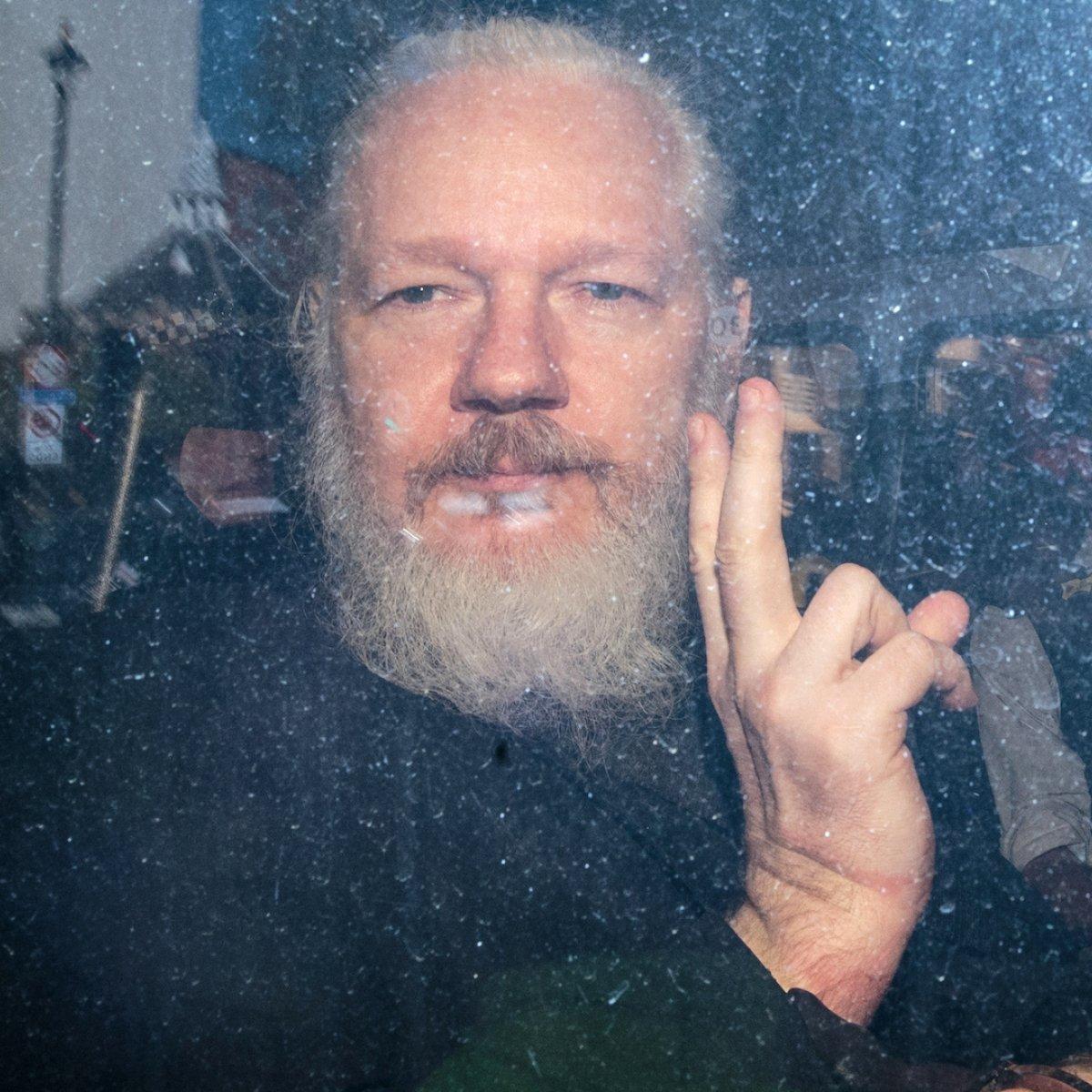After years of legal battles and extradition attempts, WikiLeaks founder Julian Assange is finally free. The news comes after a British judge denied a request to extradite Assange to the United States, where he was facing charges related to his role in the release of classified government documents.
Assange, who has been living in the Ecuadorian Embassy in London since 2012 to avoid extradition, celebrated the decision as a victory for freedom of the press. In a statement outside the courthouse, he thanked his supporters and expressed relief that he would not be sent to the US, where he feared he would not receive a fair trial.
The case against Assange has been highly controversial, with many seeing him as a champion of transparency and government accountability, while others view him as a threat to national security. The charges against him stem from his publication of classified documents provided by Chelsea Manning, a former US Army intelligence analyst. The documents, which were leaked in 2010, exposed a range of government secrets and wrongdoing, including war crimes committed by US forces in Iraq.
Assange’s extradition to the US had been a major concern for civil liberties advocates, who feared that the charges against him could set a dangerous precedent for the prosecution of journalists and whistleblowers. The decision to deny extradition has been seen as a victory for press freedom and the protection of whistleblowers.
While Assange is now free from the threat of extradition, his legal troubles are far from over. He still faces charges in the UK related to bail violations and is likely to continue to face scrutiny from governments around the world for his role in publishing classified information. However, for now, Assange can take some comfort in knowing that he will not be facing trial in the US, where he could have potentially faced a lengthy prison sentence.
The decision to deny Assange’s extradition has been widely praised by civil liberties organizations and press freedom advocates. The case has sparked a heated debate about the balance between national security and the public’s right to know, and the outcome is likely to have far-reaching implications for the future of journalism and whistleblowing.
As he steps out of the courthouse a free man, Julian Assange may have a long road ahead of him, but for now, he can take some solace in knowing that he will not be silenced or persecuted for his efforts to shine a light on government corruption and wrongdoing.

